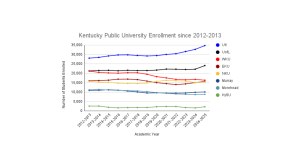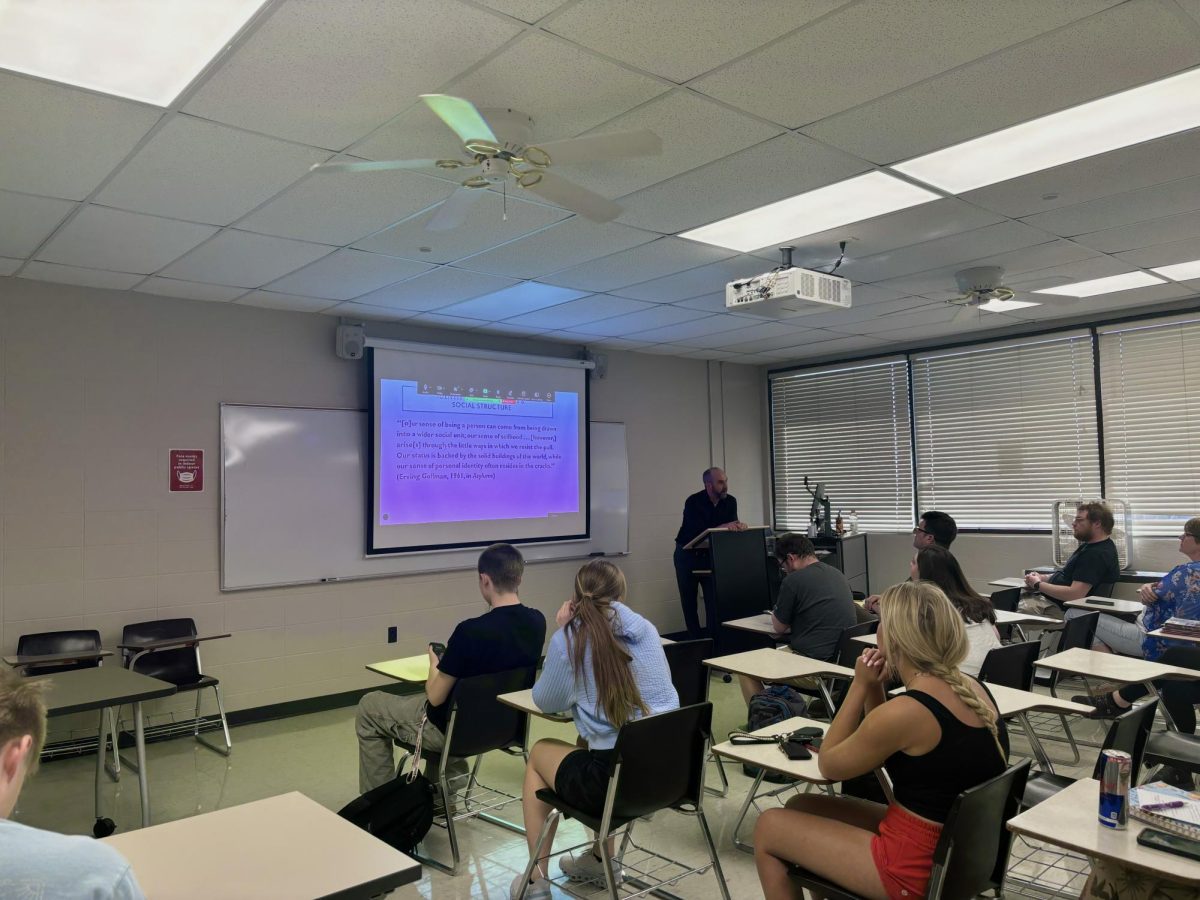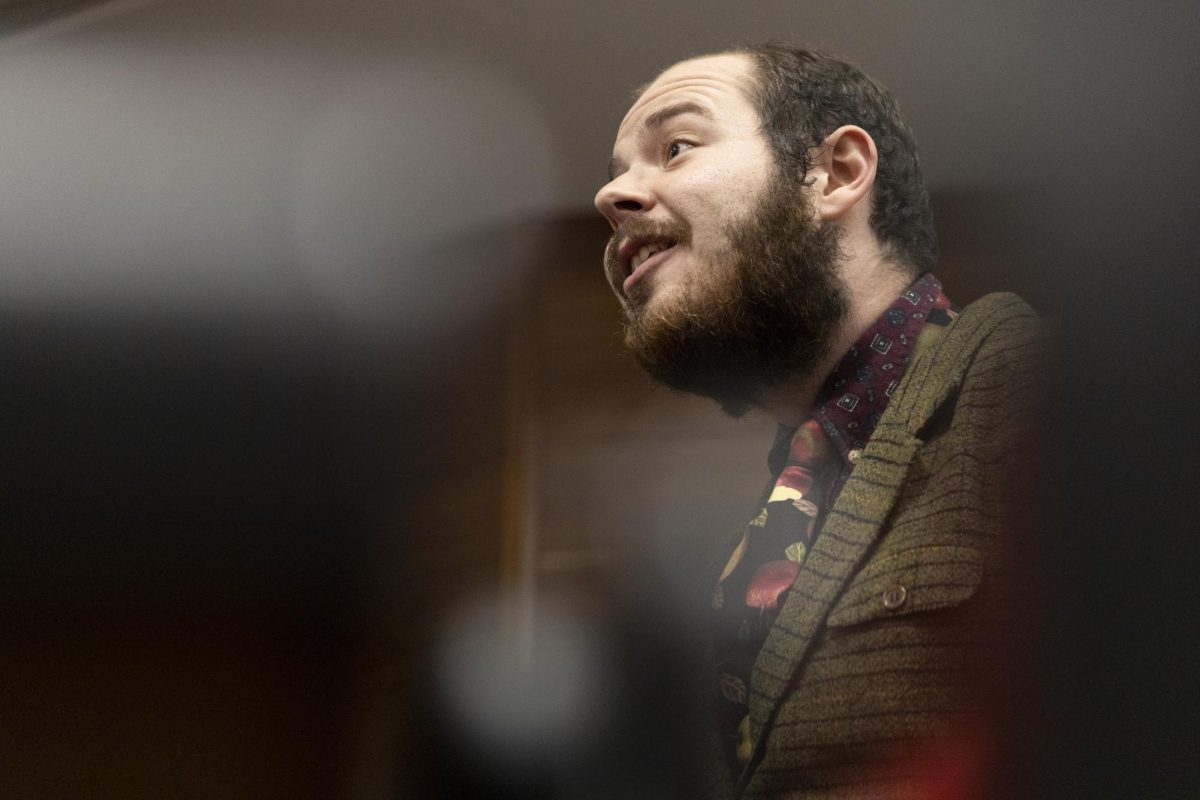Eckhardt alleges retaliation from WKU over grant
September 2, 2011
A former WKU employee is suing the university for allegedly violating the Kentucky Whistleblower Act, Open Records Act, invasion of privacy and libel.
Amy Eckhardt, the former director of Scholar Development for the Honors College who was fired in April, filed the civil complaint on June 29 and a complaint with the Equal Employment Opportunity Commission, a federal law enforcement agency that handles discrimination claims.
The Whistleblower Act is a law that states that if an individual reports mismanagement, fraud, abuse or other illegal activity to their employer, he or she is protected from being fired for disclosing that information.
It also protects against an employer who believes an employee might do one of those activities from taking retaliation.
Pamela Bratcher, Eckhardt’s attorney, said her client was in the process of drafting a grant for the Chinese Flagship Program when she was pressured to change an 8 percent indirect to 43.5 percent.
“She felt threatened that if she didn’t do this — that her job would be threatened,” Bratcher said.
Bratcher said that in the grant writing process, Eckhardt’s contact at the Department of Defense who was in charge of awarding the grant told her that if the application was resubmitted, WKU would have to start the process all over again.
Bratcher said the pressure Eckhardt felt in that situation was the basis for her claim to the Whistleblower Act.
Deborah Wilkins, chief of staff and general counsel, said that Eckhardt never filed complaints of any kind before her termination.
Wilkins said she has asked Craig Cobane, executive director of the Honors College, and the other WKU employees mentioned in the compliant, including Gordon Baylis, vice president for Research, and Gordon Emslie, provost and vice president for Academic Affairs, not to comment on the situation.
Eckhardt’s compliant states that she “suffered reprisal based upon WKU’s and Craig Cobane’s belief that the Plaintiff would report, or was about to report, or threatened to report to the Department of Defense the demands that were being made upon her for the drafting of the indirect grant amount.”
In the EEOC complaint, filed on July 12, it states that Eckhardt believed her termination to be “retaliatory and was due in part to her complaints as to the working conditions which are stated above.”
















